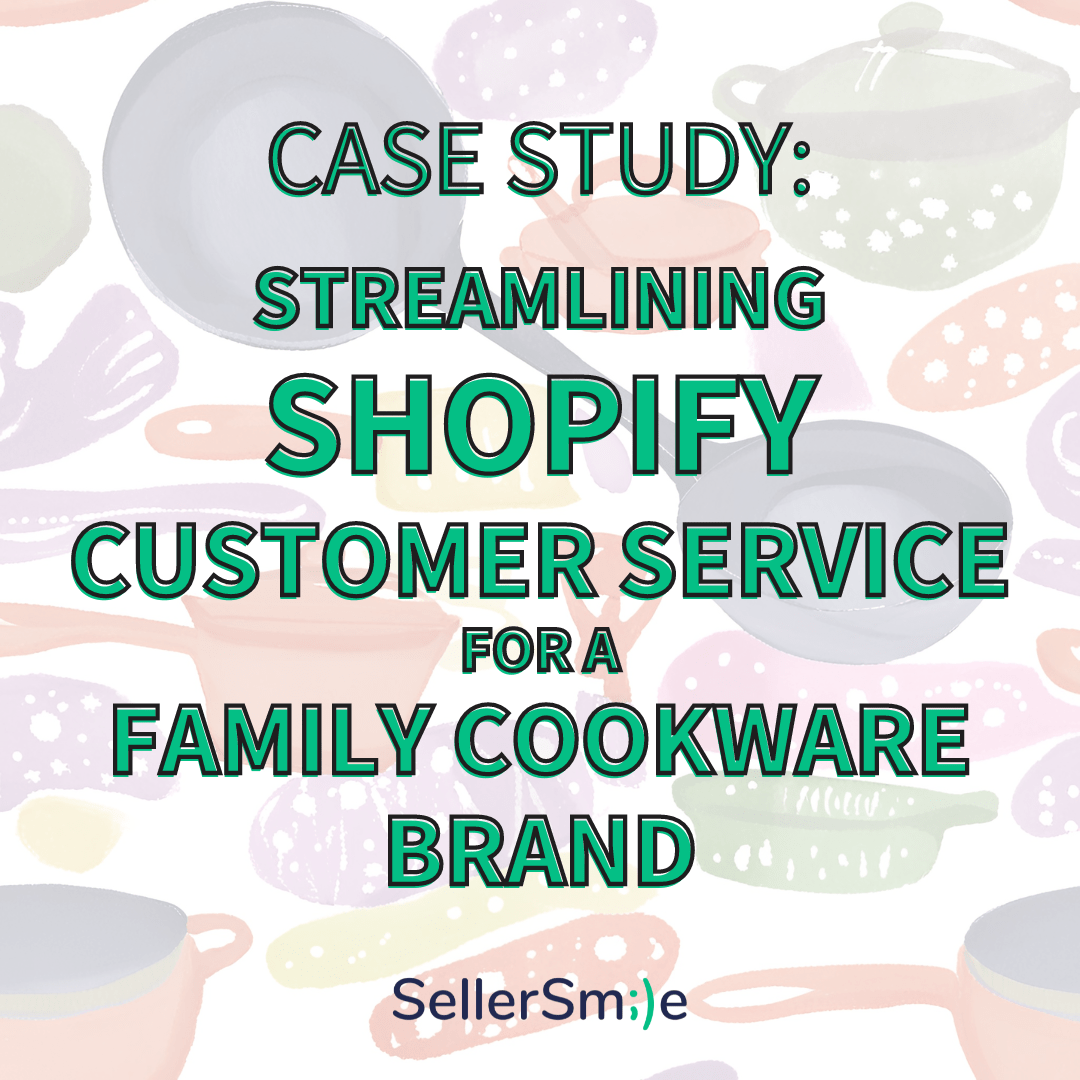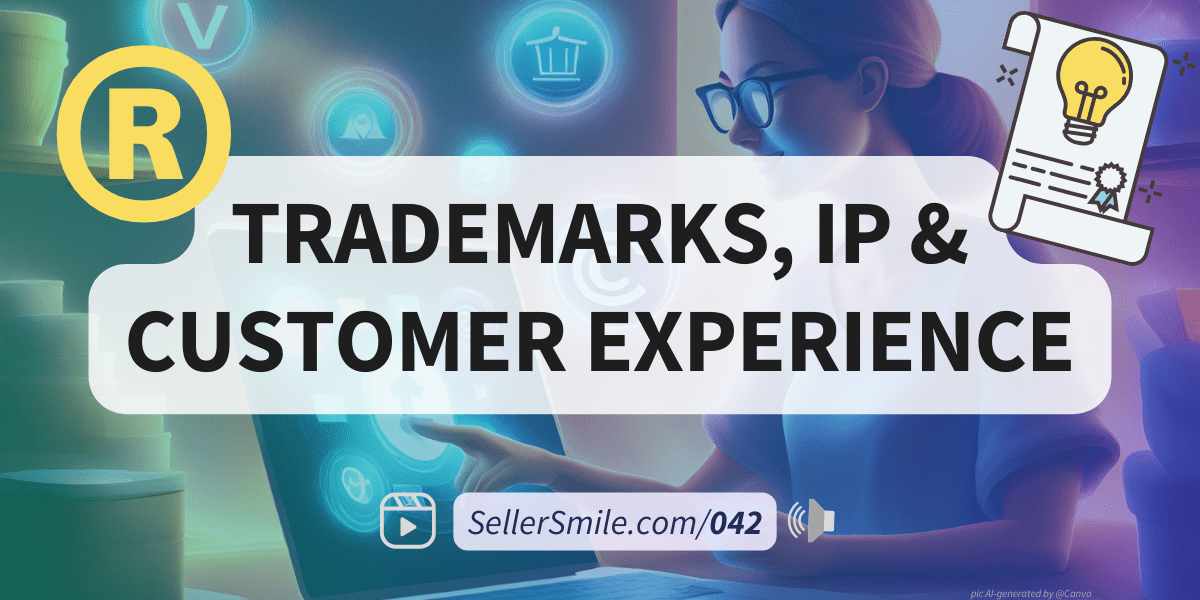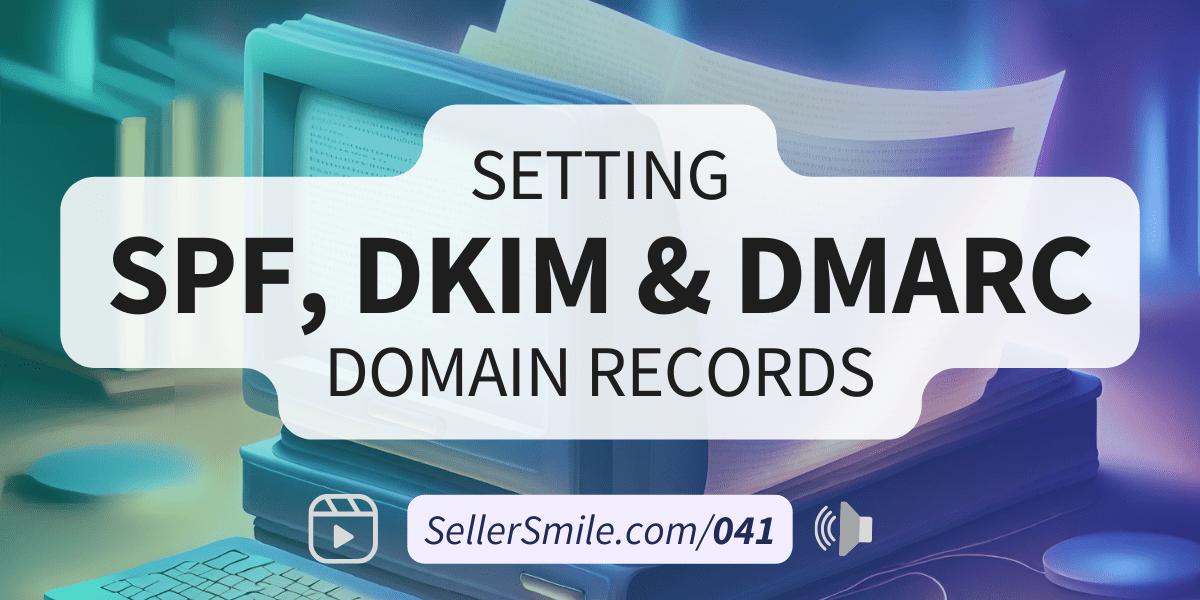In our second CX Spotlight episode, we shine a light on Ryan Hamilton, a marketing professor that studies decision making at Emory University in Atlanta, Georgia.
In this conversation, we cover Ryan’s background and experiences that led him to the work he does today and his opinions on how the science of decision making applies in the business world and to e-commerce merchants.
Subscribe & review on iTunes | Stitcher | Google Play | Spotify.
Ryan Hamilton is an Associate Professor of Marketing at Emory University’s Goizueta Business School in Atlanta, Georgia. He is a consumer psychologist, whose research findings have been covered by the New York Times, Wall Street Journal, and Harvard Business Review. He wrote a book and co-hosts a podcast, both called The Intuitive Customer, that focuses on the science that underlies great customer experiences. Ryan has never run a marathon and has no plans of ever doing so.

Show Outline
- (3:13) Introduction to Ryan. What’s his origin story?
- (7:36) Tell us about your interest in studying decision-making.
- “Cold Cognition”
- Heuristics and biases.
- Teachers and working with a proton accelerator as an early inspiration.
- (14:09) Are researchers in decision making extra persuasive?
- Predictably Irrational (book).
- Experiments vs. the real world.
- Eric Johnson Ted Talk (European organ donor rates).
- Focalism and theory bias.
- (20:46) Tell us about your current research.
- Consumer decision making and questions related to price and branding.
- Customers might pay more after setting a price limit for themselves.
- Business owners have theories about how their customers make decisions.
- (28:23) Tell us about your teaching philosophy.
- Marketing class for incoming MBA and a consumer psychology elective.
- Focus on the big ideas and business basics.
- Three-part definition of marketing: 1) Who is your customer, 2) what do they value, 3) how do you deliver value better?
- (32:41) The Two-System Theory of the mind.
- Quote from “Free Will” by Sam Harris. (pg. 40).
- System 1 (newer and rational) and system 2 (old, hidden, and intuitive/instinctual)
- Thinking Fast and Slow by Daniel Kahneman (book).
- The two systems function together: Approval, neglect, override, or influence.
- (40:35) Plato’s Chariot allegory reinterpreted.
- (43:16) “Reference Points”
- CX Talks Atlanta 2018 video. “People can’t evaluate anything without a reference point.”
- Are modern companies competing with the “customer experience” of all other companies?
- The Neiman Marcus catalog as manipulation of pricing reference points.
- (48:18) Ryan’s definition of customer experience and special considerations for e-commerce interactions?
- A limited set of tools, what are my available domains to improve?
- Know your goals are for CX. What do your customers want?
- There are silos/divisions in companies but to customers, they are seen as the same whole. (online vs. in-store experience).
- (52:10) Where can our audience go to connect and learn more about you?
- Ryan’s book: “The Intuitive Customer: 7 Imperatives For Moving Your Customer Experience to the Next Level” by Ryan Hamilton and Colin Shaw
- Ryan’s audiobook: “How You Decide; The Science of Decision Making”
- Ryan’s podcast: Beyond Philosophy
Ryan admits that while researchers of decision making are some of the most brilliant people he knows, that doesn’t necessarily mean they have supernatural abilities to control the decisions of others.
So whereas you think that we might be these, like, Jedi mind manipulators, the fact is were usually just as biased as everybody else and over apply and narrowly focus on some hobbyhorse set of theories that we care about or that we developed ourselves and therefore we end up not being that much better at prediction or persuasion, in a kind of a naturalistic context, than a lot of other people.
Ryan Hamilton



